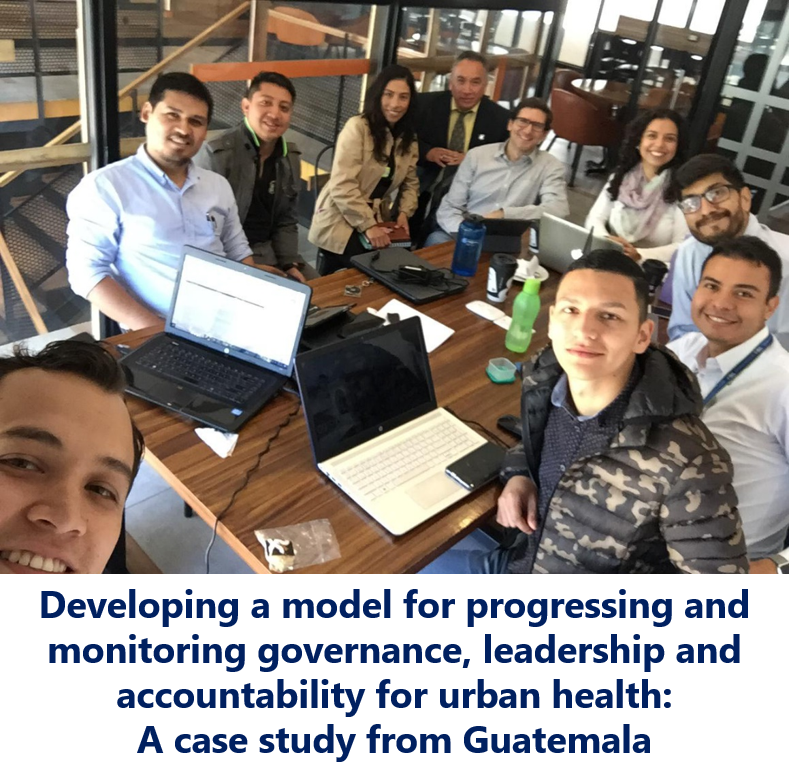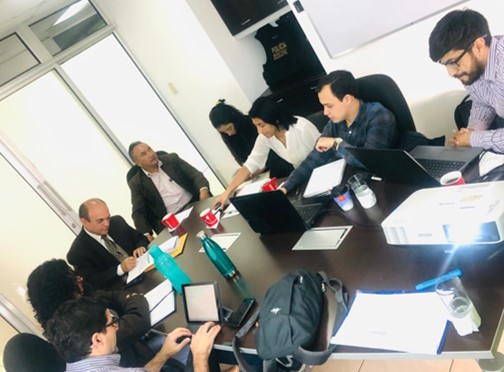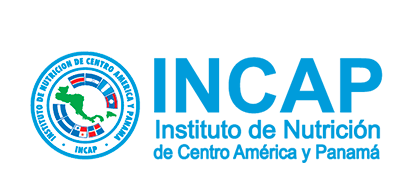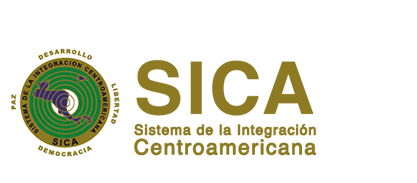|
Abstract
|
Many countries are in the process of developing comprehensive health
systems to achieve Universal Health Coverage. Within urban centers this task
is more complex due to the plethora of health providers and actors from other
sectors with influence on the social determinants of health and subsequent
health inequities. This means that municipal governments and Ministry of
Health must have strong governance, leadership, accountability and
multisectorial action (GLAMSA) structures to ensure the most disadvantaged of
people living in cities have fair access to health and health care. This
projects uses the Participatory Action Research Approach to develop an
assessment tool about GLAMSA to design a model to identify, measure and
monitor mechanisms to improve governance, leadership and accountability
policies and practices within urban municipal health systems in two
municipalities of Guatemala.
|
|
General objective
|
To develop an assessment tool about health governance, leadership,
accountability and multisectoral (GLAMSA) action that will identify, measure
and monitor mechanisms to improve GLAMSA policies and practices within urban
municipal health systems.
|
|
Methodology
|
We are applying the Participatory Action Research (PAR) approach in
all the stages of the project. PAR is a cyclical research process of problem
identification, action and reflection leading to further inquiry and action
for change through democratic processes of decision making. This approach is gaining popularity as a mechanism for
strengthening health systems and improving health program delivery in
low-and-middle income settings.
Along with co-researchers from two municipalities, we are co-developing
a qualitative web-based tool to assess governance, leadership, accountability
and multisectoral action (GLAMSA) and to devise an improvement process that
is specifically for use within urban municipalities. Data collection includes
identifying documents, policies and procedures for review, a participatory
discussion from a wide range of stakeholders about the functioning of these
documents, and consideration of the internal and external relations that have
an impact on the overarching GLAMSA domain. This information is then
collected and summarized for a final stage of subjective internal review to
rank performance in each area. Performance rankings are optimal, suboptimal,
medium, and minimal. After ranking performance, the stakeholders identify
priorities for low performing areas and actions for improvement which can be
monitored and progressed over time.
|






